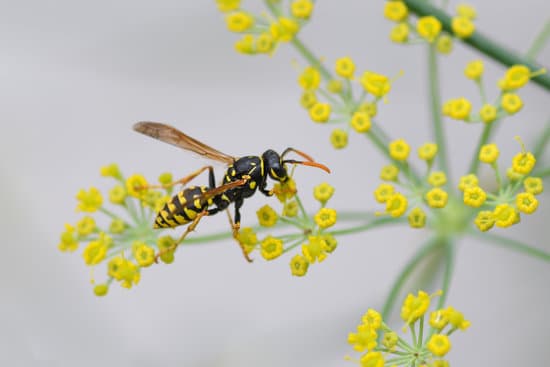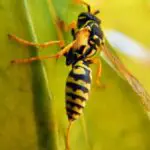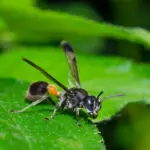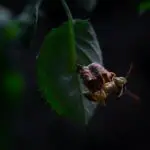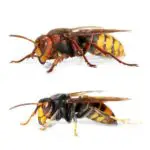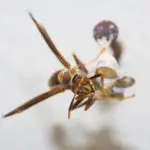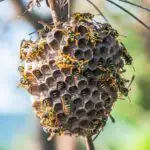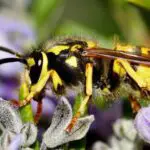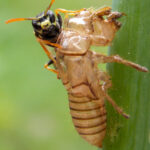Did You Know That Wasps Have a Purpose?
Despite their painful stings and invasive nature, wasps have a very important role in nature. They help to control pest populations and regulate the flow of waste throughout the ecosystem. They are also important for pollination. In fact, some wasp species are pollinators themselves.
A recent study led by researchers from University College London (UCL) has reviewed the ecosystem contributions of about 33,000 species of stinging wasps. The researchers have compiled evidence from over 500 academic papers, making it easier to understand how these insects contribute to the environment.
Wasps can control the population of pests, and help with the pollination process. They also help to control the population of arthropods that destroy crops. In addition, they help to control aphids, whiteflies, flies, beetles, and caterpillars. They also help to control pests that spread diseases.
While wasps aren’t as effective pollinators as bees, they still contribute to the pollination process. They feed on caterpillars, beetle larvae, flies, aphids, and other insects. They also transport large amounts of pollen.
Social wasps are generalist predators, meaning they hunt a wider variety of pests. They also build hanging nests and secrete a pheromone that attracts trespassers. Some social wasp species reward adult workers with a sugary reward.
The diet of a wasp varies depending on the species. It is usually protein that provides most of the wasps’ energy. Wasps eat flies, aphids, beetles, crickets, caterpillars, greenflies, and other insects.
They are very common around garbage and rotting fruit. They are also active around picnic areas, as they enjoy the sweet taste of fruit. Some wasp species also eat honey.
